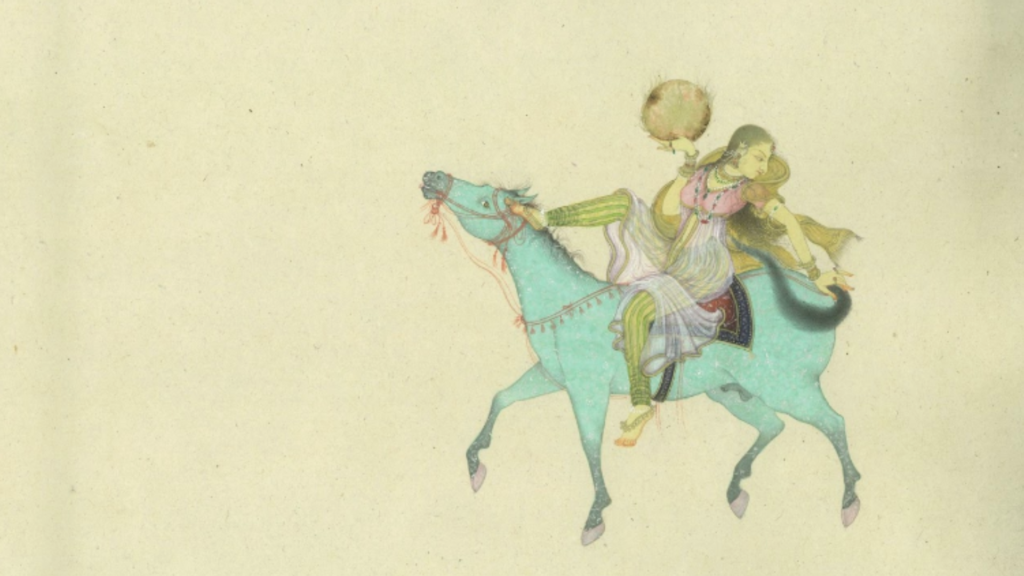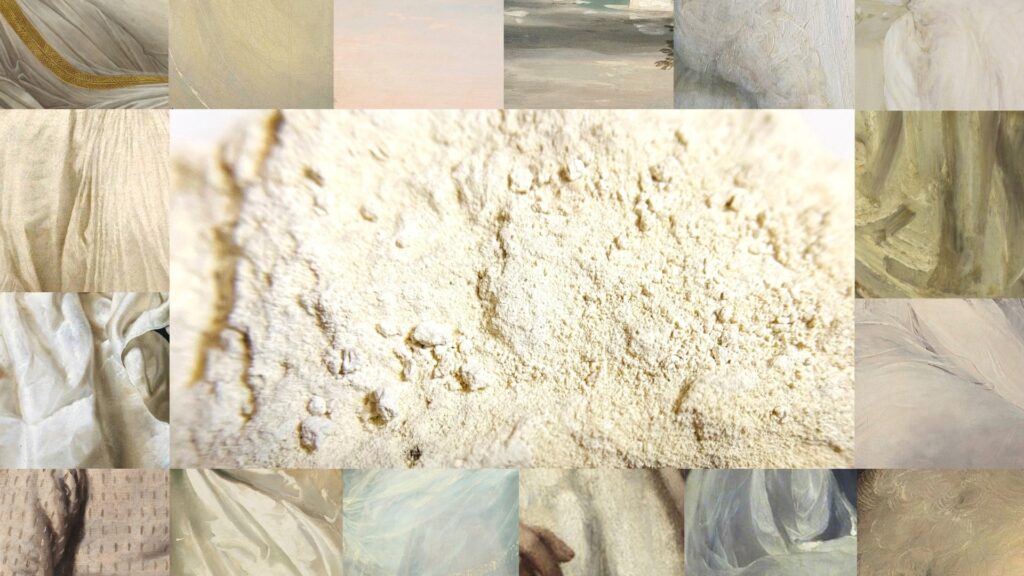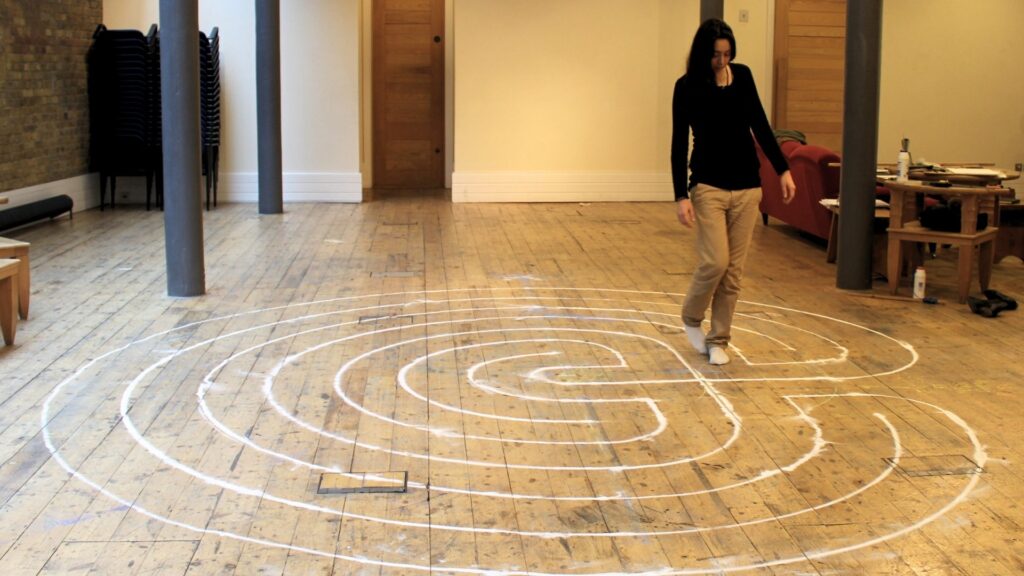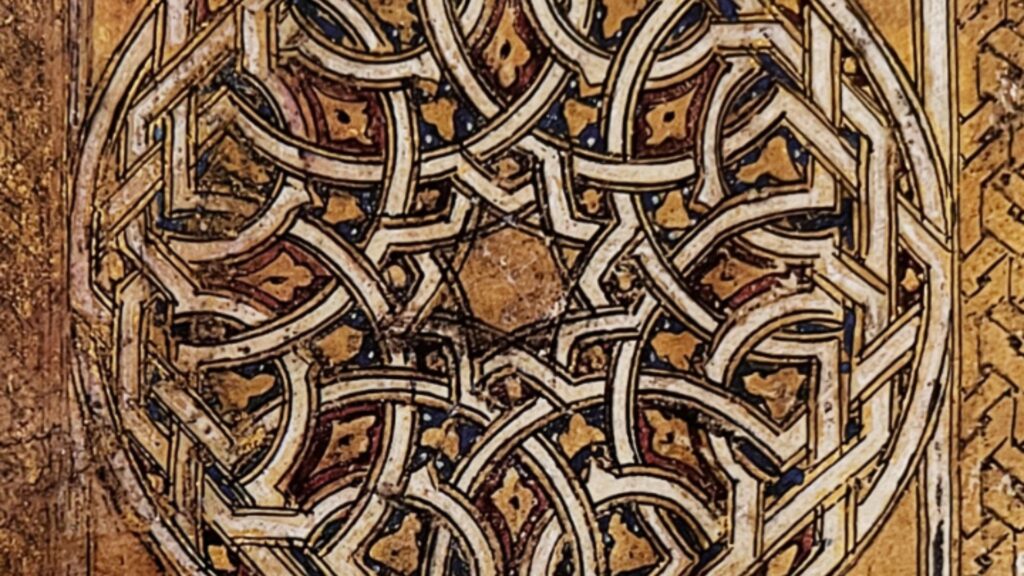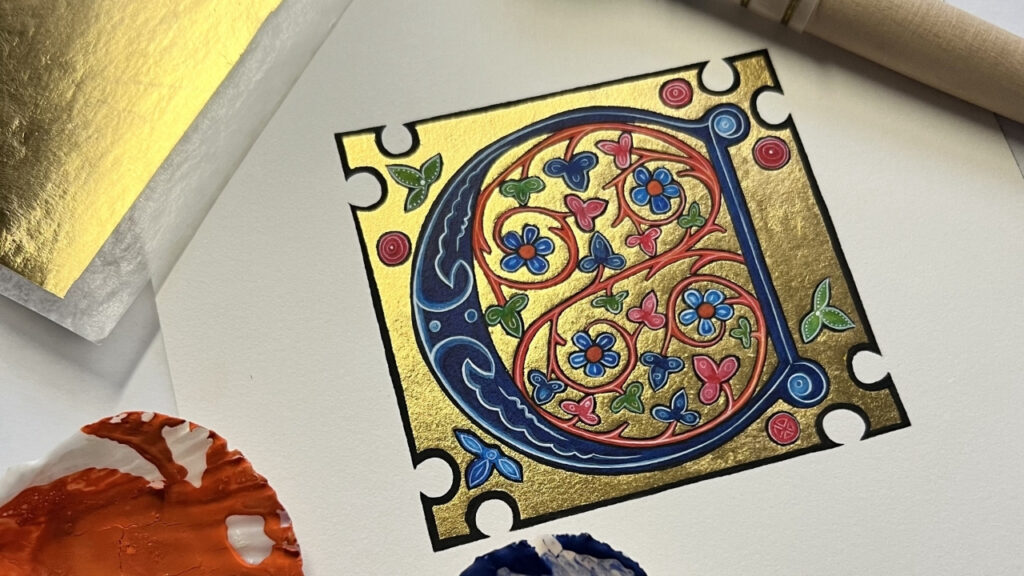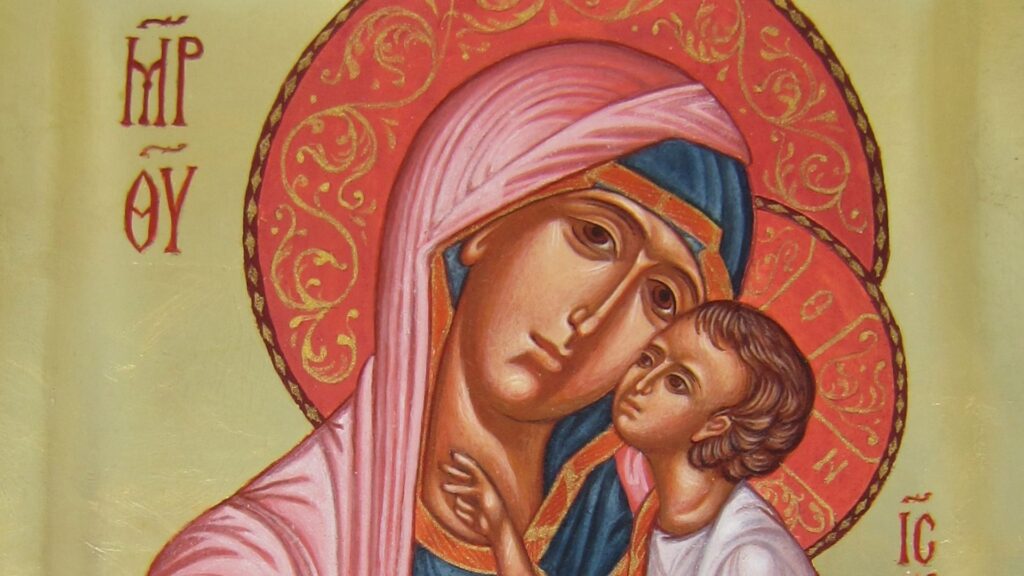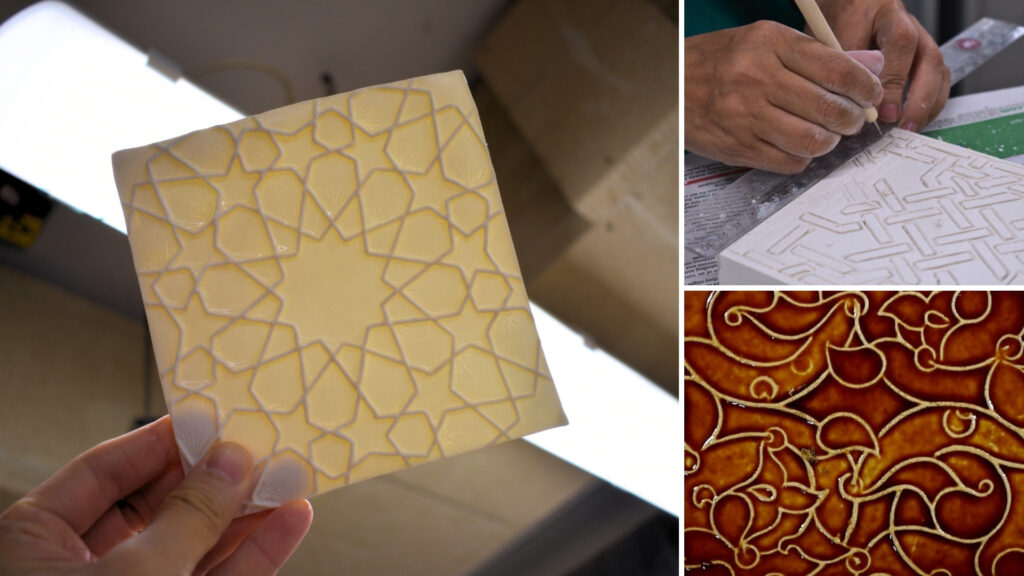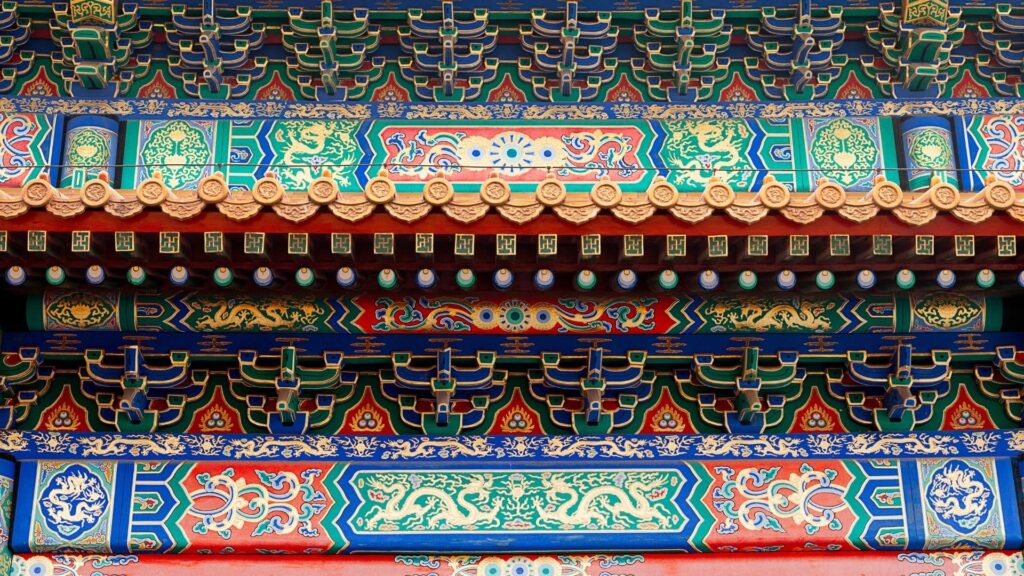
Short Courses
The Open Programme offers lectures, workshops and short, practical courses in traditional arts and crafts. Our programmes are open to anyone over the age of 18 and suit all levels of ability and experience, from beginners to seasoned practitioners.
Upcoming courses and lectures
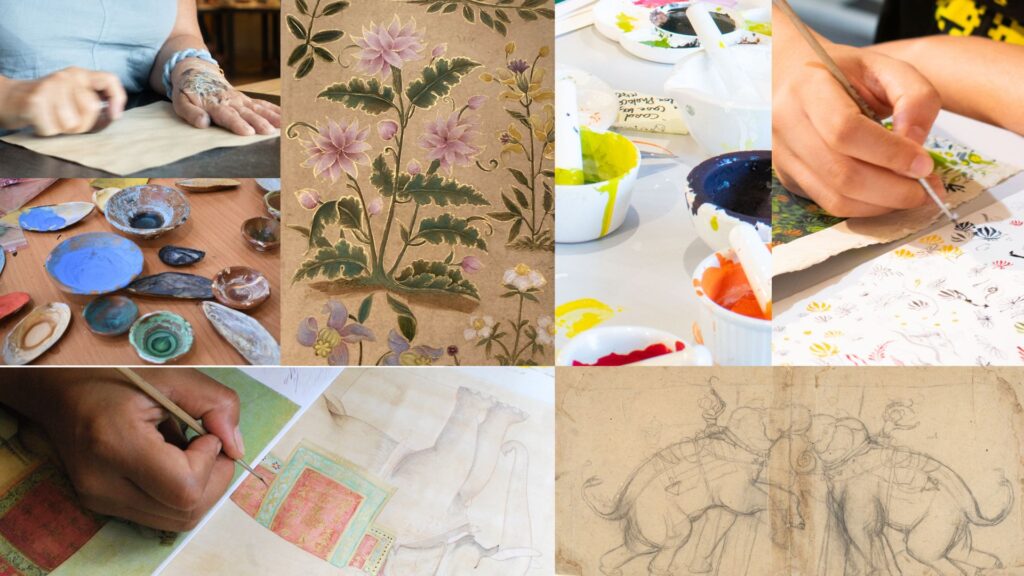
Masterclass: Traditions & Techniques in Indian Miniature Painting
Dates: 19 – 23 May 2025
Tutor: Ajay Sharma, Vinita Sharma, Sam Buckley, Susana Marin, Desmond Lazaro, Hira Kamil, Simran Panesar
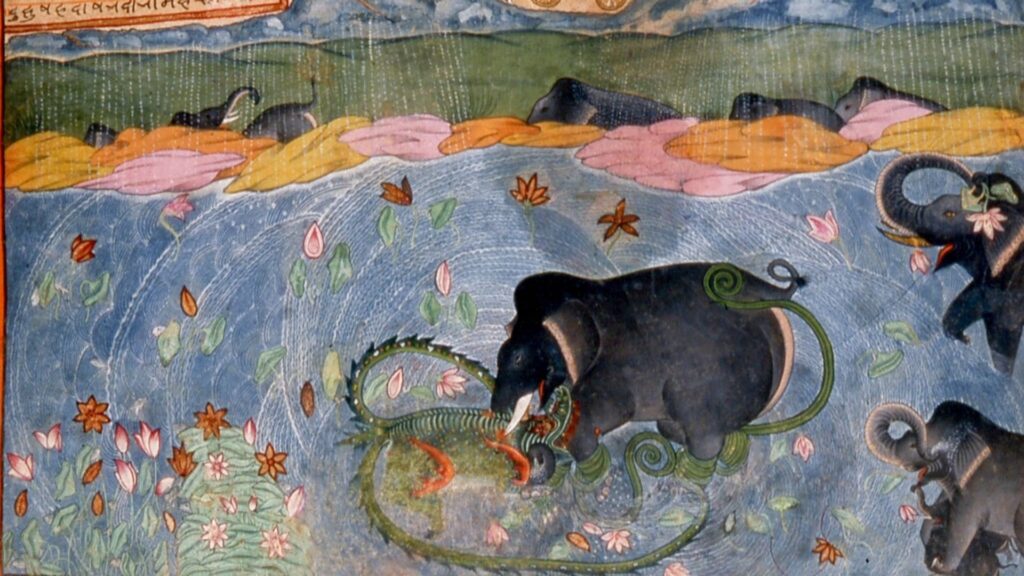
The Rivers of Indian Miniature Painting
Dates: 27 May – 1 July 2025
Tutor: Sam Buckley

Indian Miniature Painting: Pahari Love Pavilions
Dates: 2 – 6 June 2025
Tutor: Susana Marin
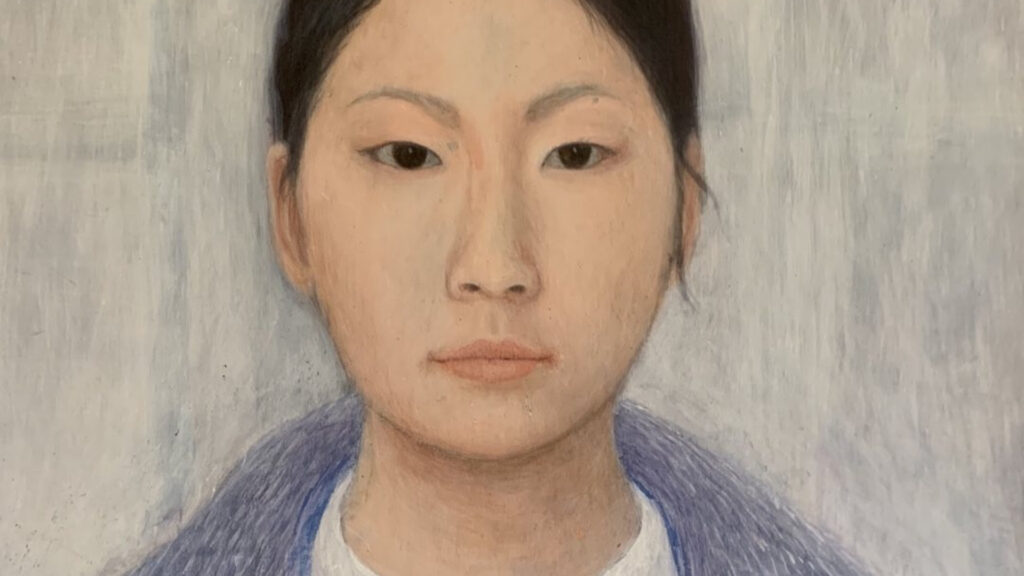
Painting a Head after Piero della Francesca
Dates: 16 – 20 June 2025
Tutor: Lily Corbett-Gale

Arabic Calligraphy: Thuluth Script
Dates: 9 – 13 June 2025
Tutor: Gulnaz Mahboob
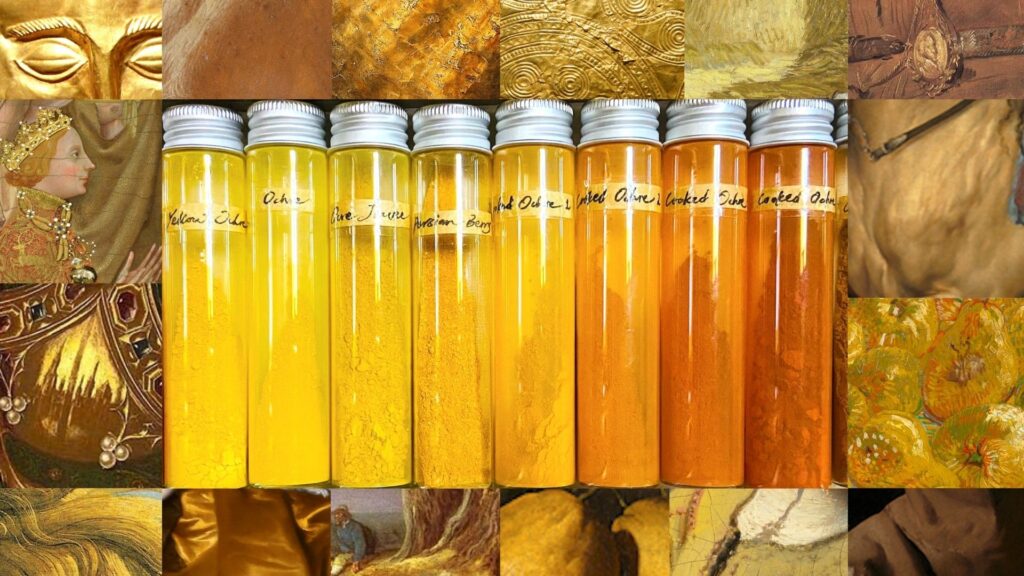
In the Alchemist’s Studio: Yellow
Dates: 19 – 20 June 2025
Tutor: David Cranswick
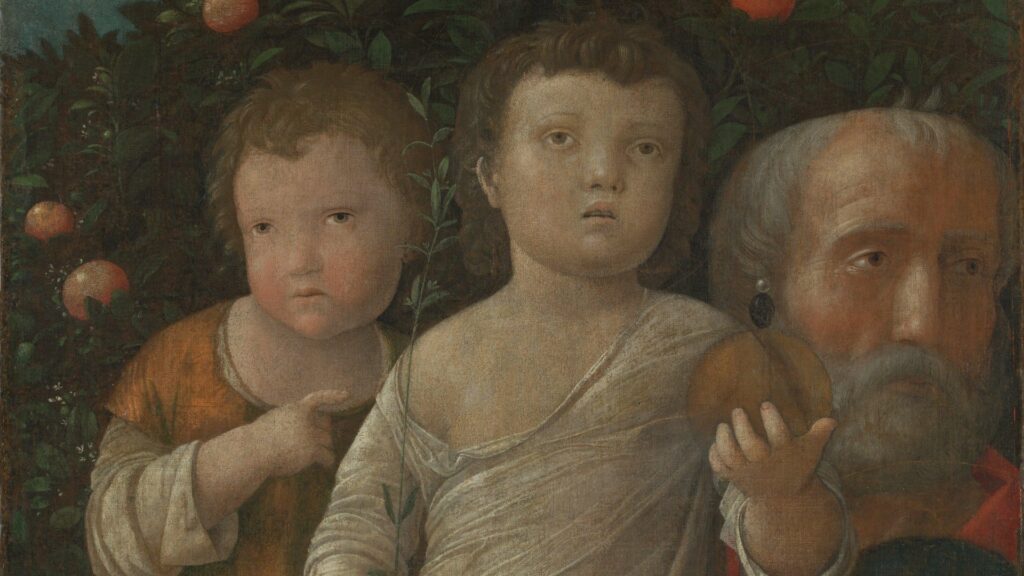
Painting with Casein Tempera: Milk-Based Paint
Dates: 23 – 27 June 2025
Tutor: David Cranswick

Byzantine Icon Painting: Paint a Guardian Angel
Dates: 14 – 18 July 2025
Tutor: Hanna Ward

Seeing Through the Solids: The Hidden Geometries of the Archimedean
Dates: 14 – 18 July 2025
Tutor: Thomas Codol
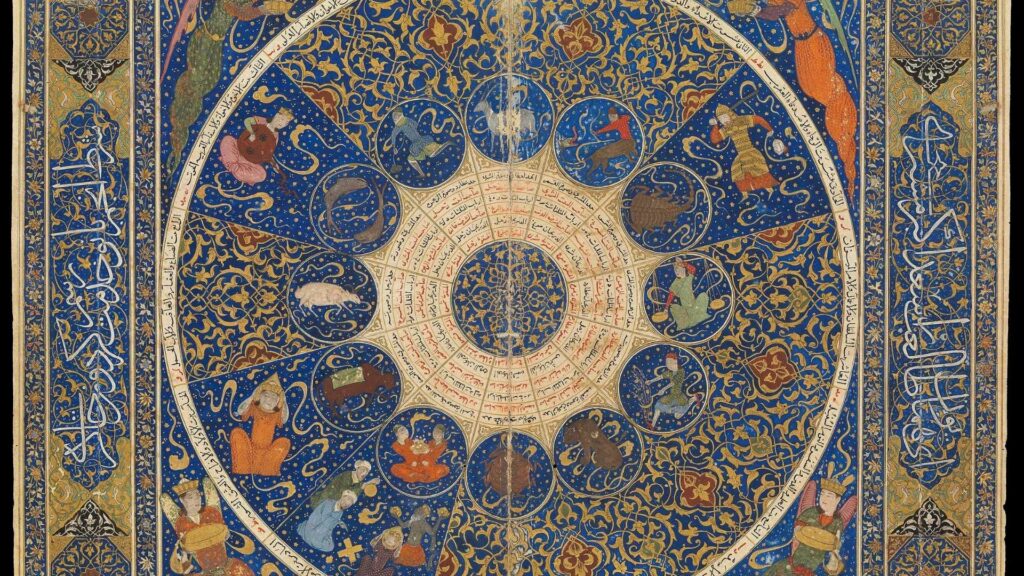
Persian Miniature Painting: Heavenly Architecture & Iskandar’s Horoscope
Dates: 17 July – 28 August 2025
Tutor: Vaishali Prazmari

Islamic Manuscript Illumination: Flower-Inlaid Rumi Patterns
Dates: 21 – 25 July 2025
Tutor: Ayten Tiryaki
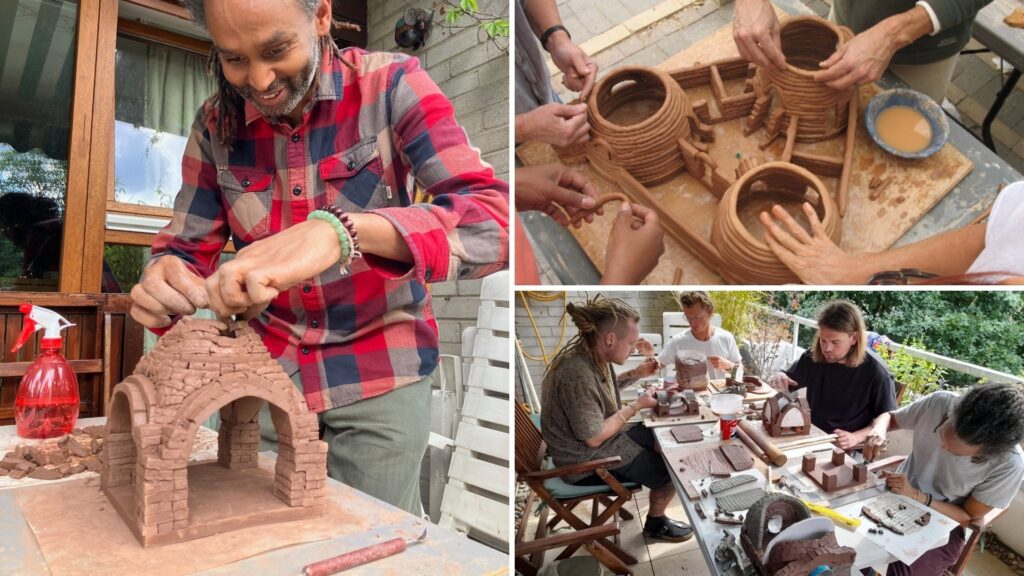
Designing Earth Architecture: Vaults & Domes
Dates: 21 – 25 July 2025
Tutor: Iliona Outram Khalili
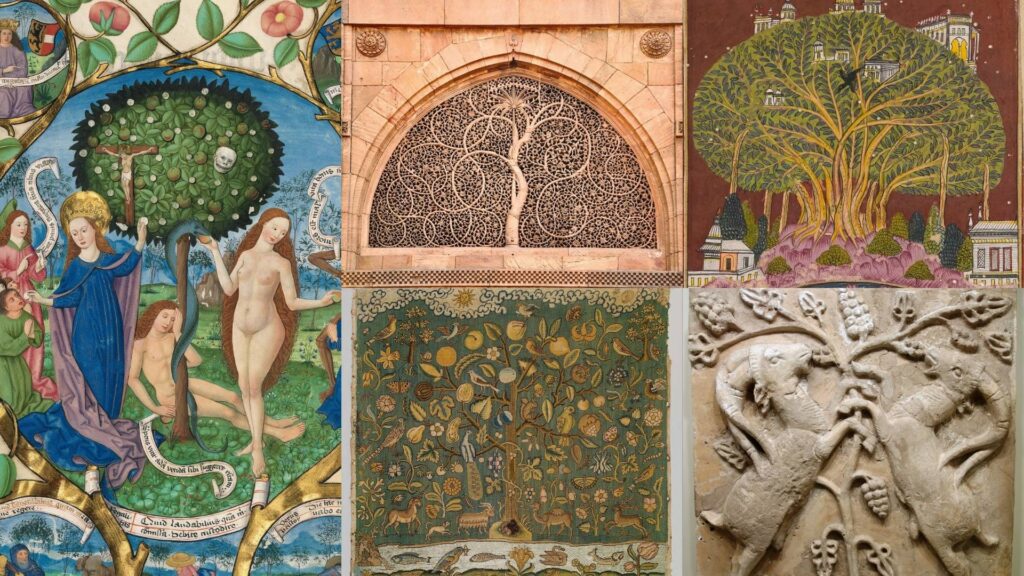
Egg Tempera: Painting a Tree of Life
Dates: 28 July – 1 August 2025
Tutor: Lily Corbett-Gale

Stained Glass: A Closer Look at the Montrose Panels
Dates: 28 July – 1 August 2025
Tutor: Naomi Preston

Arabic Calligraphy: The Roundels of Aya Sophia
Dates: 4 – 8 August 2025
Tutor: Gulnaz Mahboob
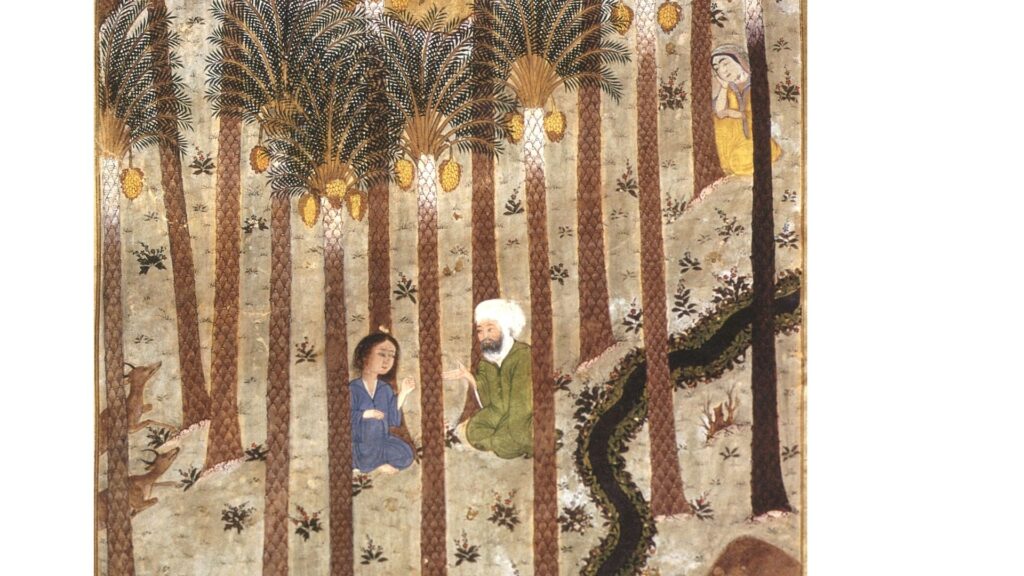
Lovers in a Garden: Layla & Majnun
Dates: 4 – 8 August 2025
Tutor: Sana Sanjrani
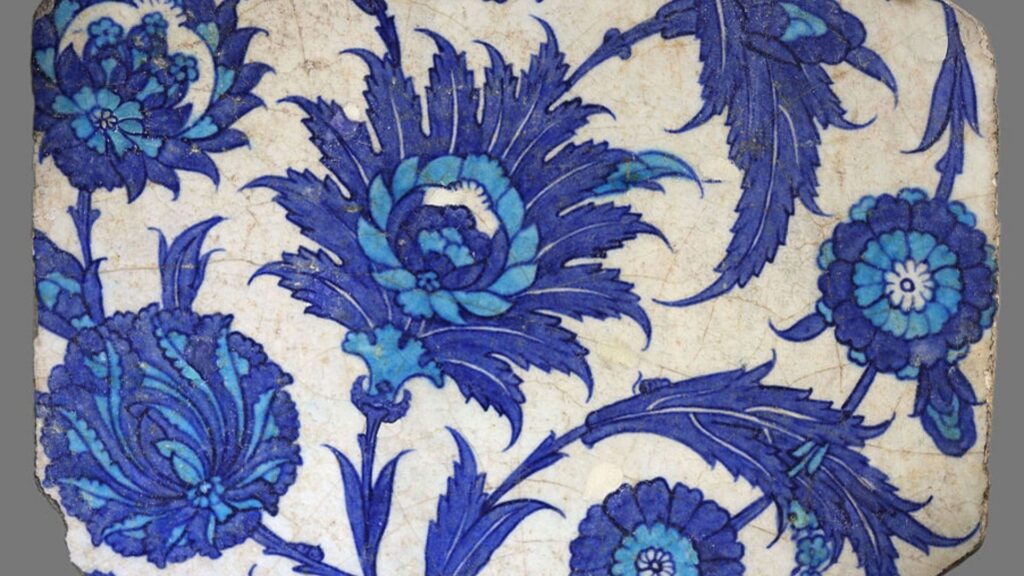
Ceramics: Design & Glaze Iznik Tiles
Dates: 4 – 8 August 2025
Tutor: Shorsh Saleh
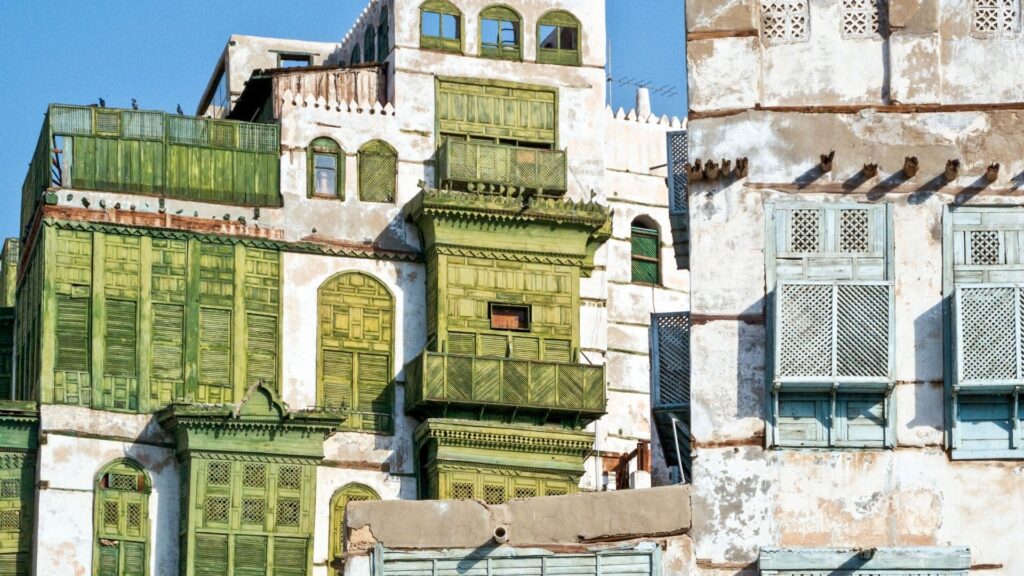
Build a Geometric Wooden Screen: Mangour
Dates: 11 – 15 August 2025
Tutor: Shorsh Saleh

Painting Visions of Heavenly Jerusalem
Dates: 11 – 15 August 2025
Tutor: Gabriel Chaim
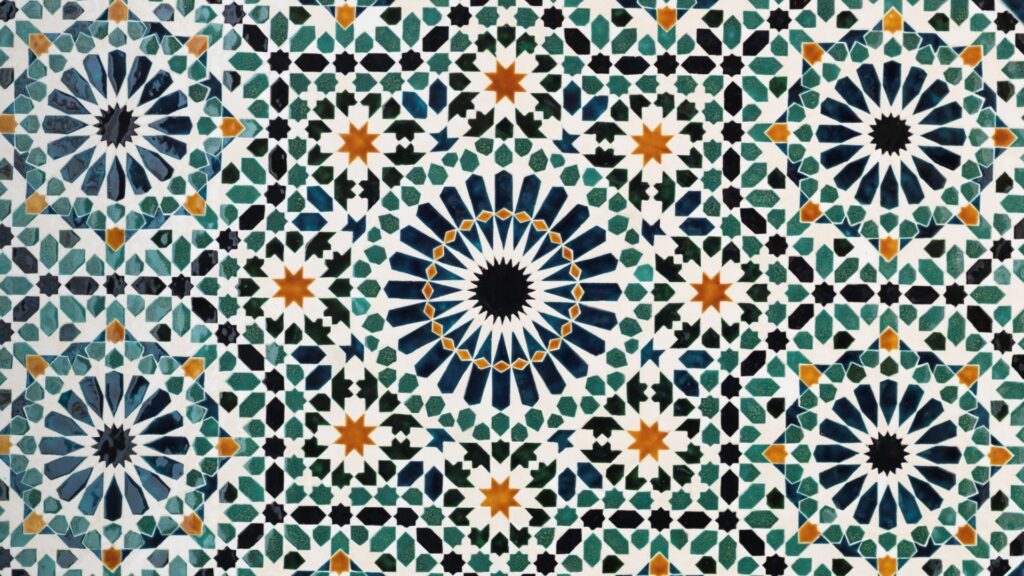
Moroccan Ceramic Tiles: Zillij
Dates: 18 – 22 August 2025
Tutor: Nooshin Shafiei
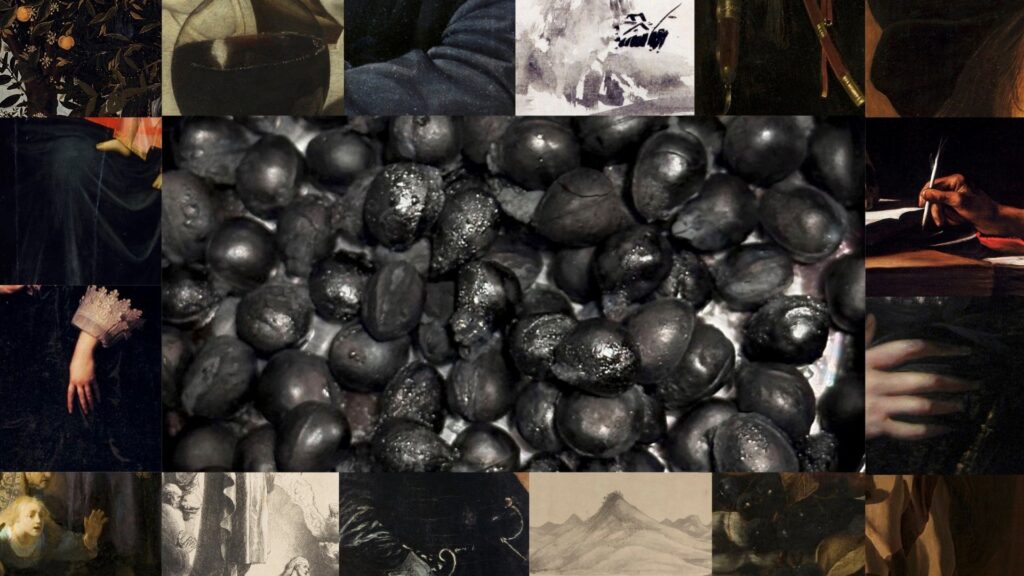
In the Alchemist’s Studio: Black
Dates: 11 – 12 September 2025
Tutor: David Cranswick
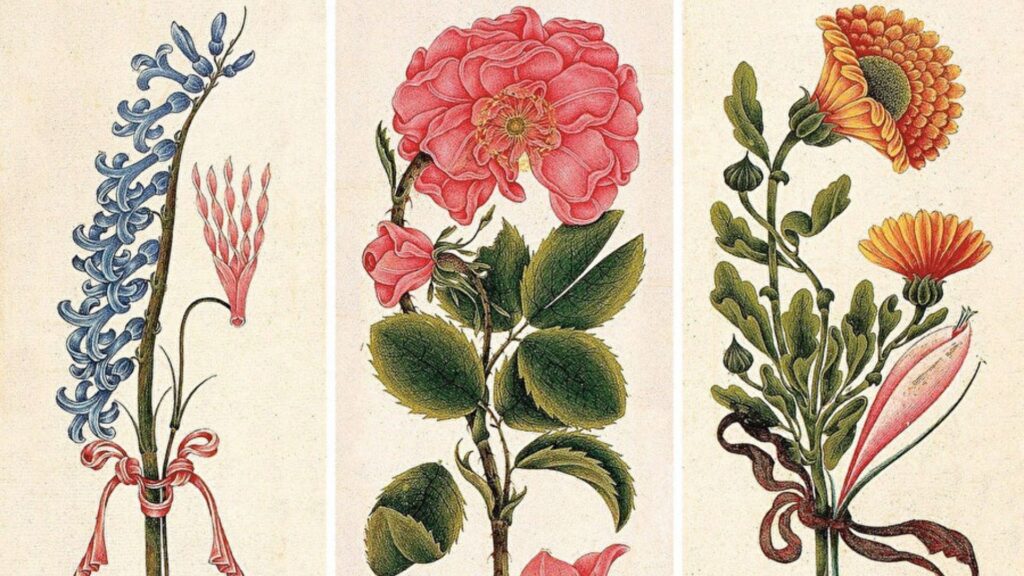
Ottoman Miniature Painting: A Floral Bouquet
Dates: 22 – 26 September 2025
Tutor: Mahrukh Bashir


Sign up for newsletter
Stay up to date with the latest news, courses on offer and dynamic projects we’re proud to be a part of.
